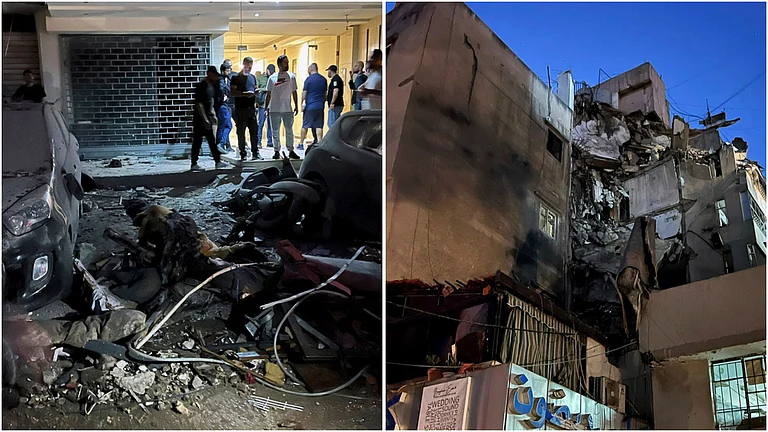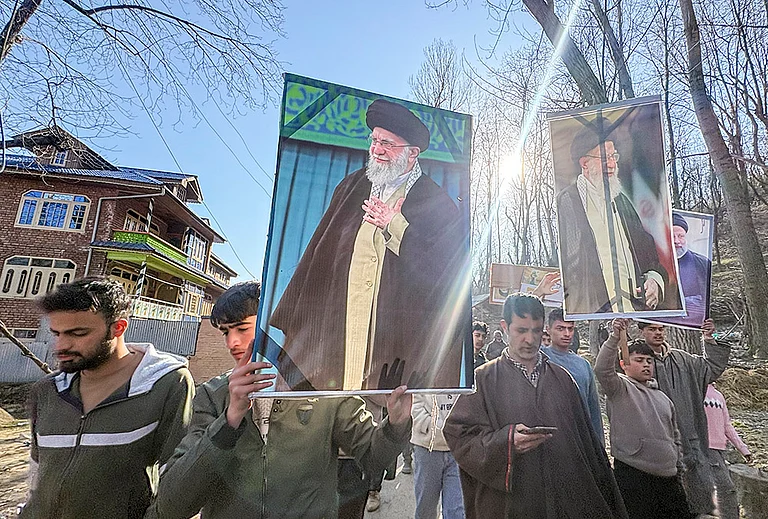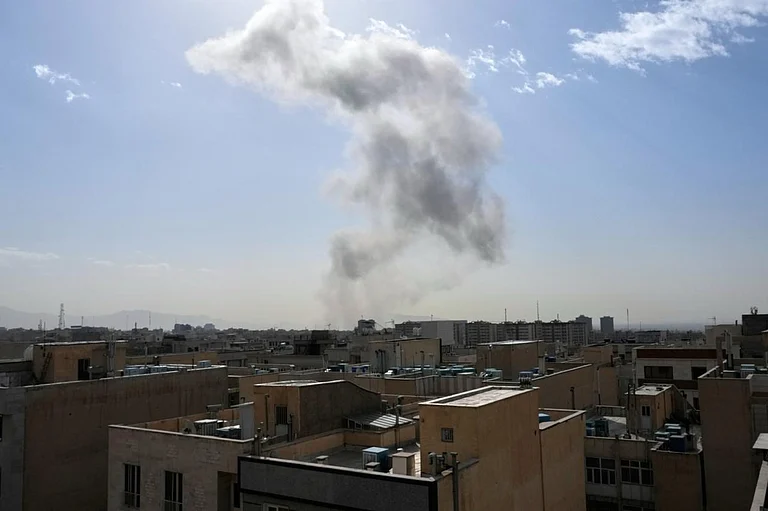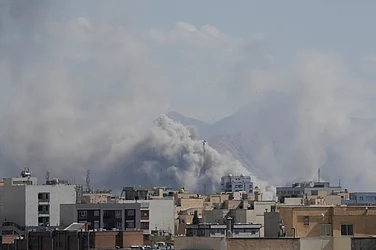The Israel Defense Forces (IDF) on Wednesday claimed the death of the Hezbollah commander Fuad Shukr who was allegedly behind the recent rocket attack targeting the Israeli-controlled Golan Heights that killed 12 young people. IDF's claim came after carrying out a rare strike on Beirut on Tuesday which killed a woman and two children.
According to media sources, Hezbollah has denied the claim. However, official confirmation is still awaited.
According to Associated Press, an Israeli official, who spoke on condition of anonymity, said the target was Fuad Shukr, a top Hezbollah military commander. Shukr is also suspected in other strikes that killed Israeli civilians.
Fuad Shukr, the Hezbollah commander: Wanted by US too
Besides the recent Golan Heights attack, the Hezbollah commander is also blamed by Israel and the US of orchestrating the 1983 bombing in Beirut that killed 241 American servicemen.
On July 2015, the US Treasury Department listed Shukur as a “specially designated national” for acting for or on behalf of Hezbollah. The US Treasury Department had also offered a USD 5 million reward for information about him.
The 62-year-old leader was in charge of Hezbollah's forces in southern Lebanon along the border with Israel as well as being a top official in the group's missile program.
He had been a close aide to Hezbollah's top military chief, Imad Mughniyeh, who was assassinated in 2008 by a car bomb in Damascus. Shukur had since been a close military adviser to Hezbollah leader Hassan Nasrallah.
Israel-Hezbollah: The exchange of nearly-daily airstrikes
Besides killing three people, the airstrike targeting Beirut's southern suburb of Haret Hreik, a crowded urban neighbourhood where Hezbollah has political and security operations, damaged several buildings as well.
Reacting to the news of death of two children during the airstrike, UNICEF tweeted," Terrible reports of two children killed in an air strike in Beirut suburb earlier today. Children continue to pay the highest price in conflicts they did not start. This violence must stop now. Children and civilians must be protected as a priority."
Israel and Hezbollah, in the past ten months, have exchanged near-daily strikes against the backdrop of the war in Gaza. However, previously the conflict was kept at a low level that was unlikely to escalate into full-on war.
After the recent Golan Heights attack, Hezbollah issued a rare denial of involvement in the rocket attack Saturday in the town of Majdal Shams. However, holding the militant group responsible, Israeli Defense Minister Yoav Gallant recently said, "Hezbollah crossed a red line.”
According to Lebanon's public health ministry, Tuesday's strike by Israel in a southern suburb of Beirut wounded 74 people. The wounded were taken to nearby hospitals.
Lebanon's state-run National News Agency reported that the strike was carried out with a drone that launched three rockets.
The last time Israel targeted Beirut was in January, when an airstrike killed a top Hamas official, Saleh Arouri. That strike was the first time Israel had hit Beirut since the 34-day war between Israel and Hezbollah in the summer of 2006.


























